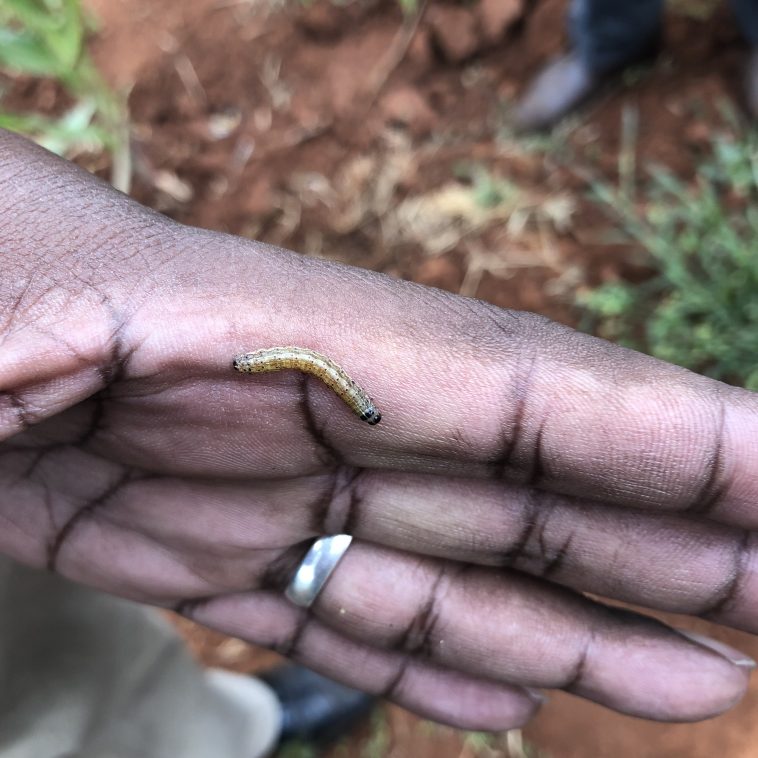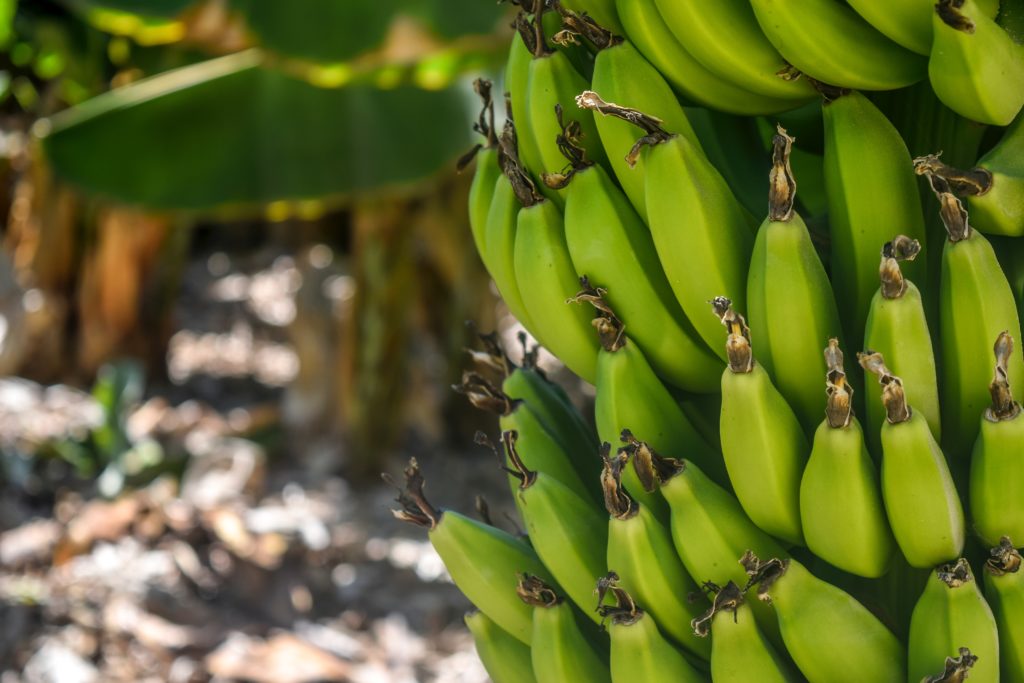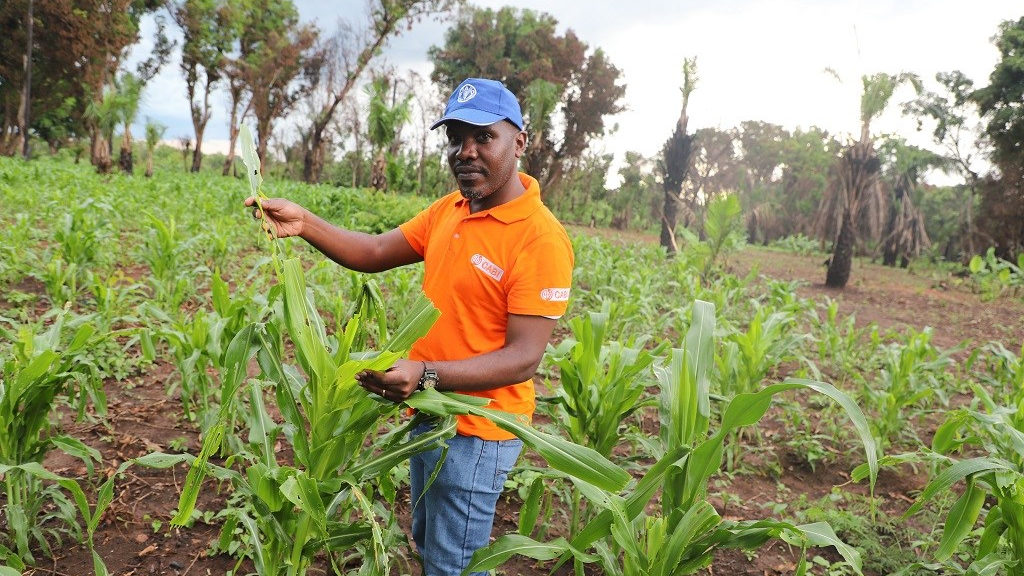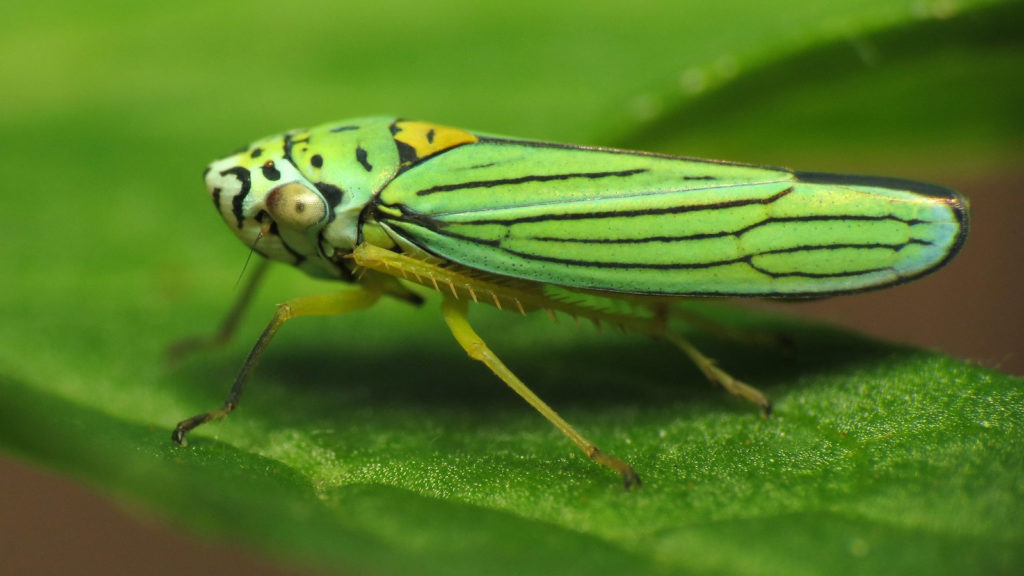Our most read blogs of 2024
As 2024 draws to a close, we’ve tallied the numbers to showcase the most popular articles on the Invasives Blog this year, along with a few favourites! This year’s most read blogs capture our collaborations with local communities and youth empowerment. We hope your favourites made it onto our most-read list! Take a look…
Two-way SMS platform offers farmers timely management advice for fall armyworm in Kenya
This article was originally published on the PRISE website During the 2019 short rains season in Kenya, PRISE partnered with Precision Agriculture for Development (PAD) to provide maize farmers with timely pest management information on Fall armyworm (Spodoptera frugiperda). By building on PAD’s existing messaging service, which is run in partnership with the Ministry of Agriculture, the two-way…
Training of Trainers on awareness and management of Parthenium in Pakistan
As one of its key priorities, CABI under the Action on Invasives programme aims to raise awareness about the threat of invasive species with the relevant government departments in Pakistan. In particular to address the issue of the highly invasive Parthenium weed. Through public awareness campaigns and sharing invasive management advice for better control practices,…
National emergency declared as Colombia confirms the presence of TR4 banana disease
The global banana industry is facing a new major threat. On the 8th August, the Colombian Agricultural Institute announced that it has confirmed the presence of a strain of Fusarium oxysporum f.sp. cubense, known as Tropical Race 4 (TR4) in the northern region of the country. Since then the Colombian government has issued a national…
Deploying biopesticides to combat fall armyworm in South Sudan
A new project in South Sudan is combatting the fall armyworm, an insect that can cause significant damage to crops, particularly maize. With more than half of South Sudan’s current population—nearly 6.2 million people—in need of life-saving food assistance, safeguarding food security where possible is essential. Launched in January 2019 as a partnership between CABI,…
Collaborative effort in Kenya to manage the impact of scale insect in coastal region
By Fernadis Makale, CABI Scale insects – such as the coffee mealybug and cassava mealybug – are some of the least studied group of invertebrates in East Africa. However, a collaborative effort has been made to address the threat they pose to smallholder farmers: despite their cross-cutting status as pests in all plant groups, crops,…
Reaching more farmers with fall armyworm knowledge and information through ICT-enabled extension
Since 2017, CABI and partners have launched a series of extension campaigns in Kenya and Uganda in the fight against the invasive pest fall armyworm. These campaigns used integrated ICT-enabled approaches combining radio, SMS, and community video screenings with the aim of improving awareness, knowledge and management practices for fall armyworm. Although smallholder agriculture is…
CABI joins international team of scientists calling for a Global Surveillance System to fight crop diseases
CABI has joined an international team of scientists calling for a Global Surveillance System (GSS) to fight a range of diseases which threaten priority crops including maize, potato, cassava, rice, beans and wheat. The team, which includes the International Center for Tropical Agriculture (CIAT) – lead authors of a new report published in Science (28 June 2019),…
Collaborative writeshop produces pest management decision guides for invasive species in Pakistan
Invasive alien species (IAS) have devastating impacts on native biota, causing the decline or even extinction of native species, negatively affecting ecosystems. Invasive plants, animals, insects and microorganisms enter and establish in environments outside of their natural habitat. They reproduce rapidly, out-compete native species for food, water and space, and are one of the main…










